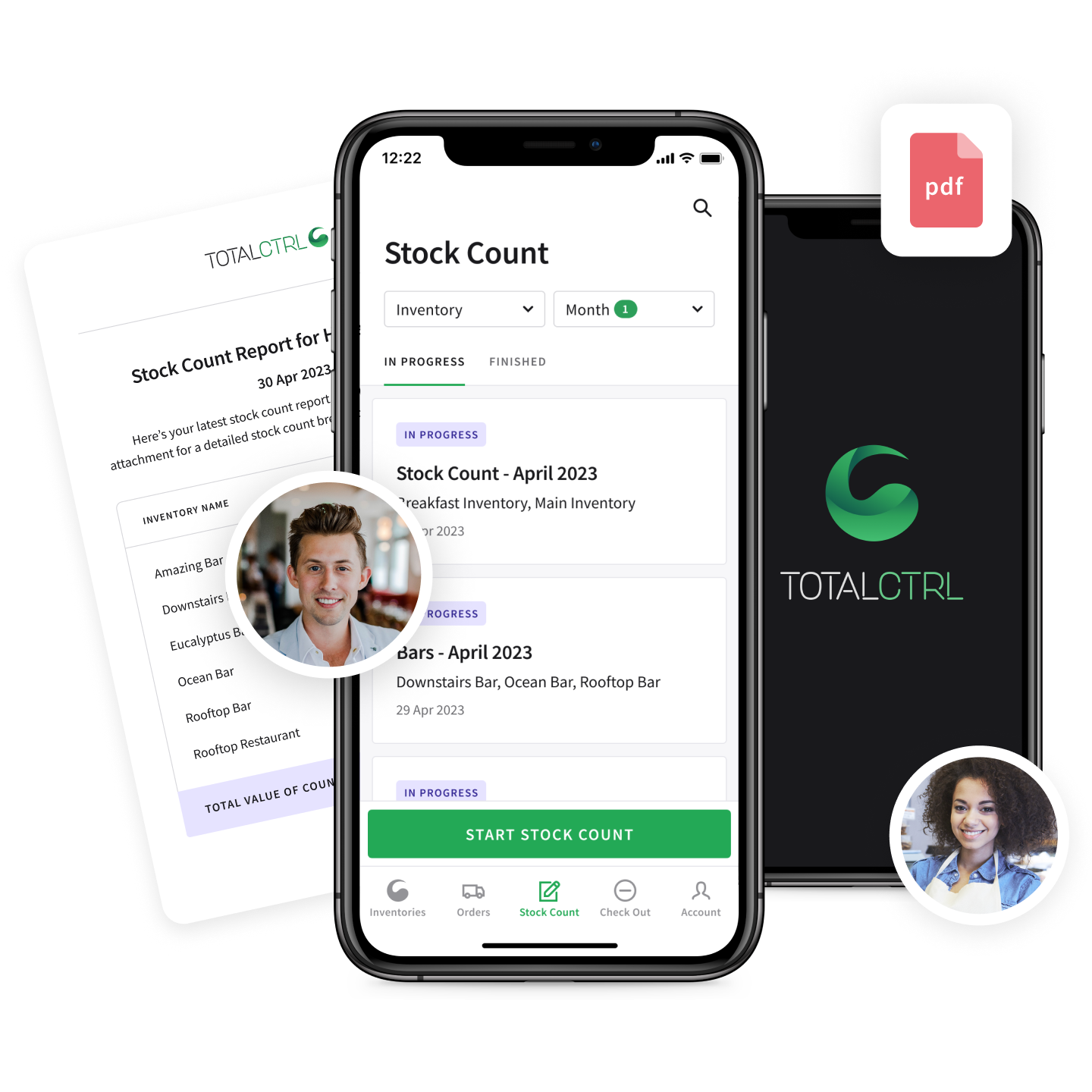Outdoor events—whether weddings, festivals, or corporate gatherings—bring unique challenges for caterers and cake professionals. One critical piece of equipment that keeps your kitchen running smoothly in these settings is the generator. But what happens if your generator fails at the worst possible moment?
A generator failure during an outdoor event can jeopardize food safety, delay service, and impact your reputation. This blog explores why generators sometimes fail, how to prepare against this risk, and practical steps to take if it happens to you.
Why Generators Are Essential for Outdoor Catering
-
Powering refrigeration: Keeps perishable ingredients and finished dishes at safe temperatures.
-
Running cooking equipment: Essential for ovens, mixers, warming stations, and lighting.
-
Maintaining client expectations: Ensures smooth operation, timing, and professionalism.
Common Causes of Generator Failure
-
Fuel issues: Running out of fuel or using poor-quality fuel can cause sudden shutdowns.
-
Overloading: Connecting too many devices beyond the generator’s capacity leads to overheating or failure.
-
Mechanical faults: Lack of maintenance, worn parts, or manufacturing defects.
-
Environmental factors: Extreme weather, dust, or moisture affecting operation.
-
User error: Incorrect setup or operation.
How to Prevent Generator Failure
1. Regular Maintenance and Testing
-
Follow manufacturer guidelines for servicing your generator.
-
Test the generator before every event under full load conditions.
-
Keep a log of maintenance and repairs.
2. Use Quality Fuel and Manage Supply
-
Use fresh, recommended fuel types.
-
Carry extra fuel safely stored on-site.
-
Monitor fuel levels continuously during the event.
3. Proper Load Management
-
Calculate the total power needs and ensure your generator’s capacity matches or exceeds it.
-
Use separate circuits or power strips to distribute the load evenly.
-
Avoid unnecessary devices that consume power.
4. Train Your Team
-
Ensure all staff handling the generator are trained in setup, operation, and troubleshooting.
-
Have clear instructions and emergency protocols.
What to Do If Your Generator Fails During an Event
1. Stay Calm and Assess
-
Quickly identify if the issue is fuel-related, overload, or mechanical.
-
Notify your team and event coordinators calmly.
2. Switch to Backup Power if Available
-
If you have a secondary generator or battery backup, deploy it immediately.
-
Use battery-powered tools temporarily to keep critical functions running.
3. Protect Food Safety
-
Keep refrigerator and freezer doors closed to maintain temperature.
-
Use coolers with ice packs for highly perishable items.
-
Prioritize serving or cooking foods that must be consumed quickly.
4. Communicate Transparently
-
Inform clients or event managers about the issue and your mitigation plan.
-
Provide realistic timelines for resolution.
5. Have a Contingency Plan
-
Arrange in advance for nearby rental generators or emergency power sources.
-
Consider partnering with event venues that have backup power infrastructure.
Real-Life Example: Turning a Generator Failure Into a Success Story
At an outdoor corporate gala in California, the primary generator unexpectedly shut down mid-event. Thanks to prior testing and preparation, the catering team quickly switched to their backup generator and communicated openly with the client. The event continued without major disruption, earning praise for their professionalism and crisis management.
Final Thoughts
Generator failure is a risk every outdoor caterer and cake professional should anticipate. With proper maintenance, training, and contingency planning, you can minimize the impact and keep your event running smoothly.


















0 comments:
Post a Comment
We value your voice! Drop a comment to share your thoughts, ask a question, or start a meaningful discussion. Be kind, be respectful, and let’s chat!